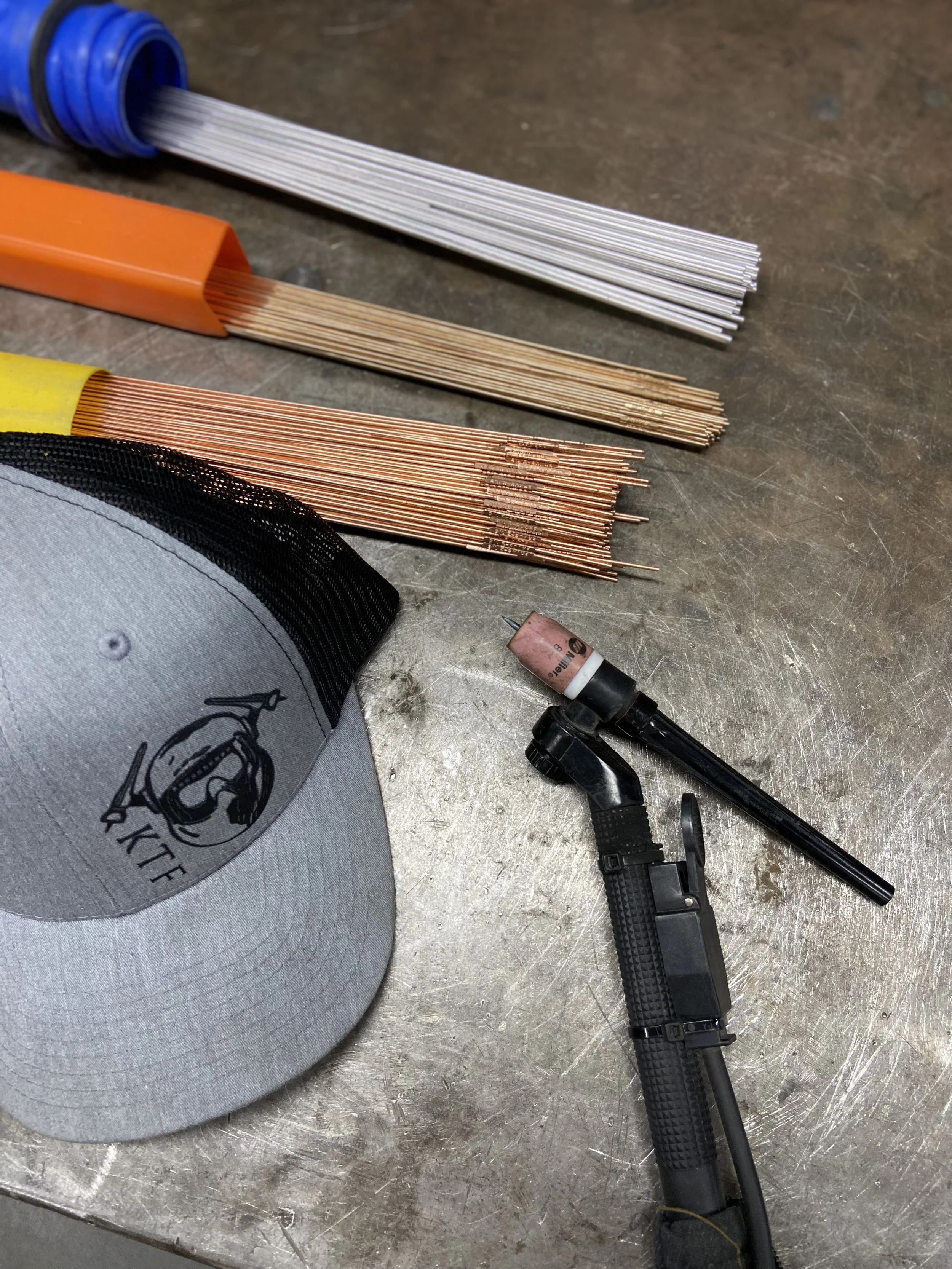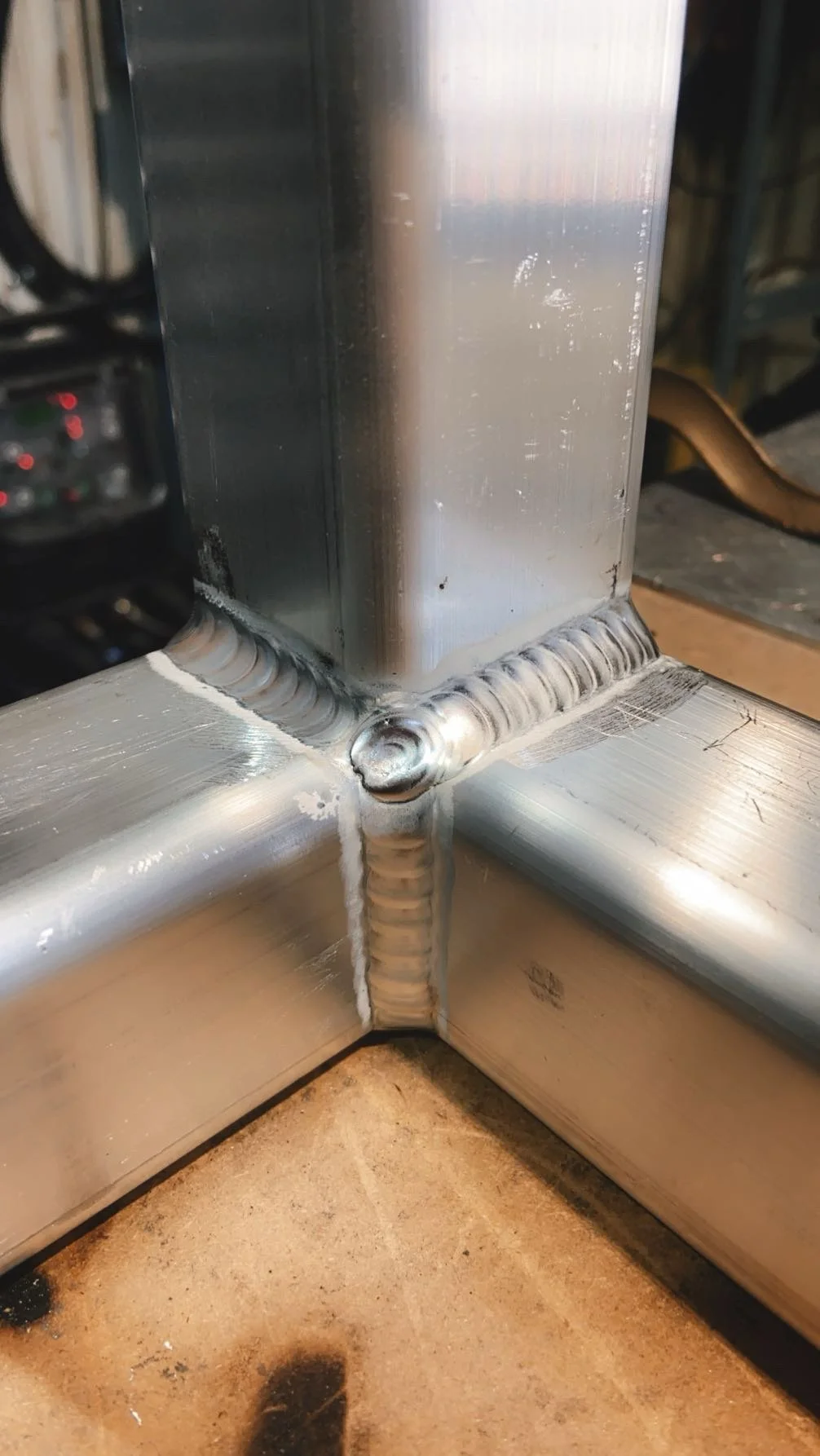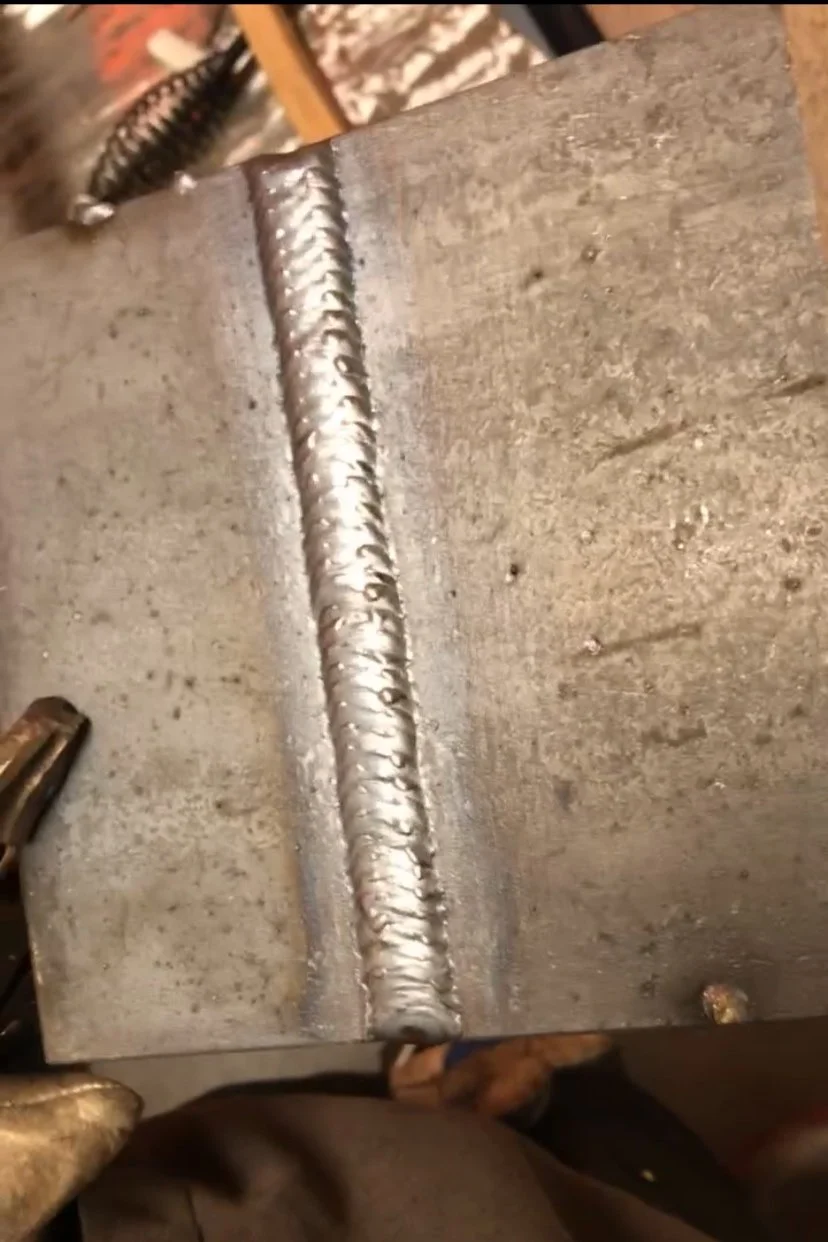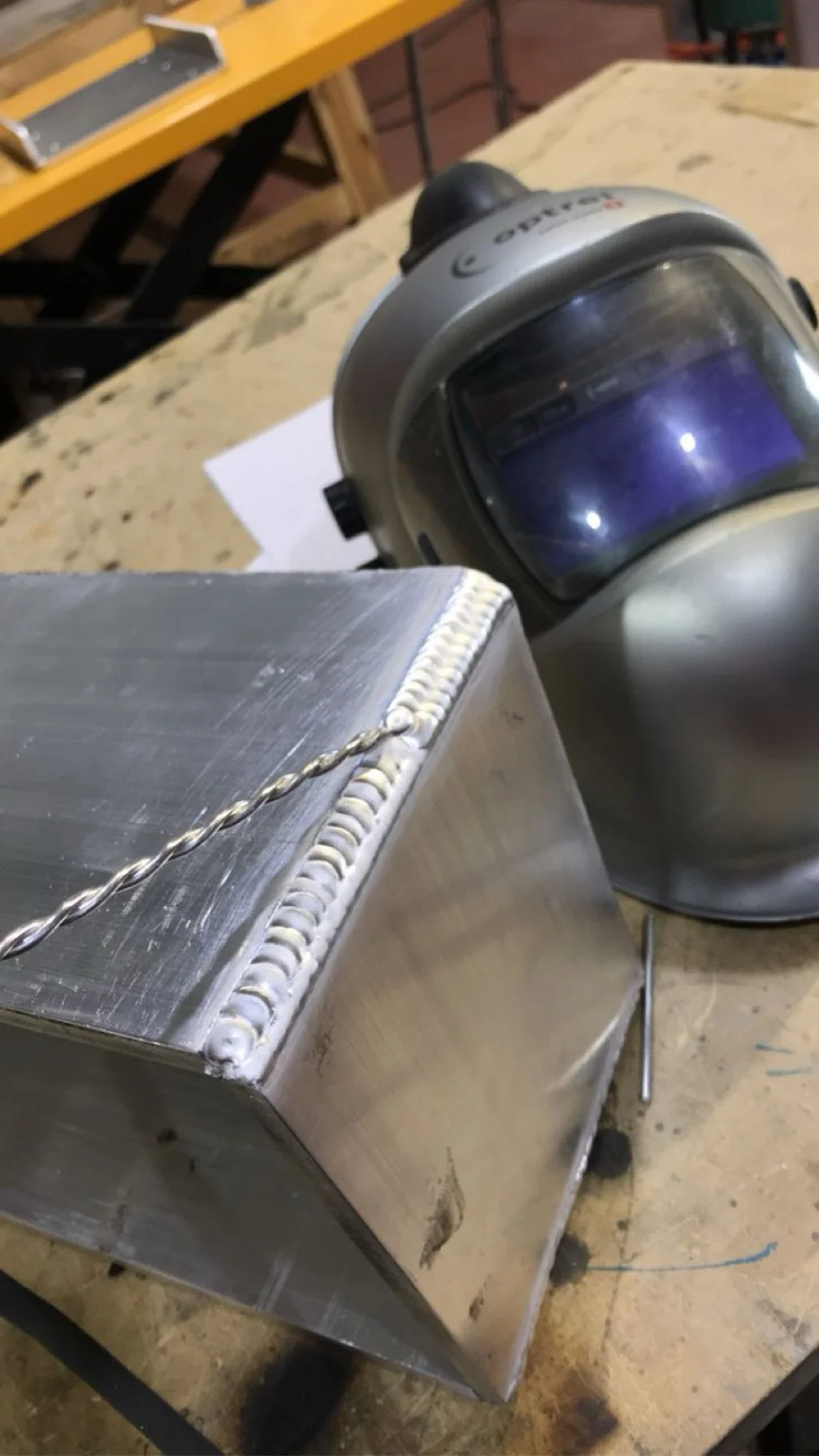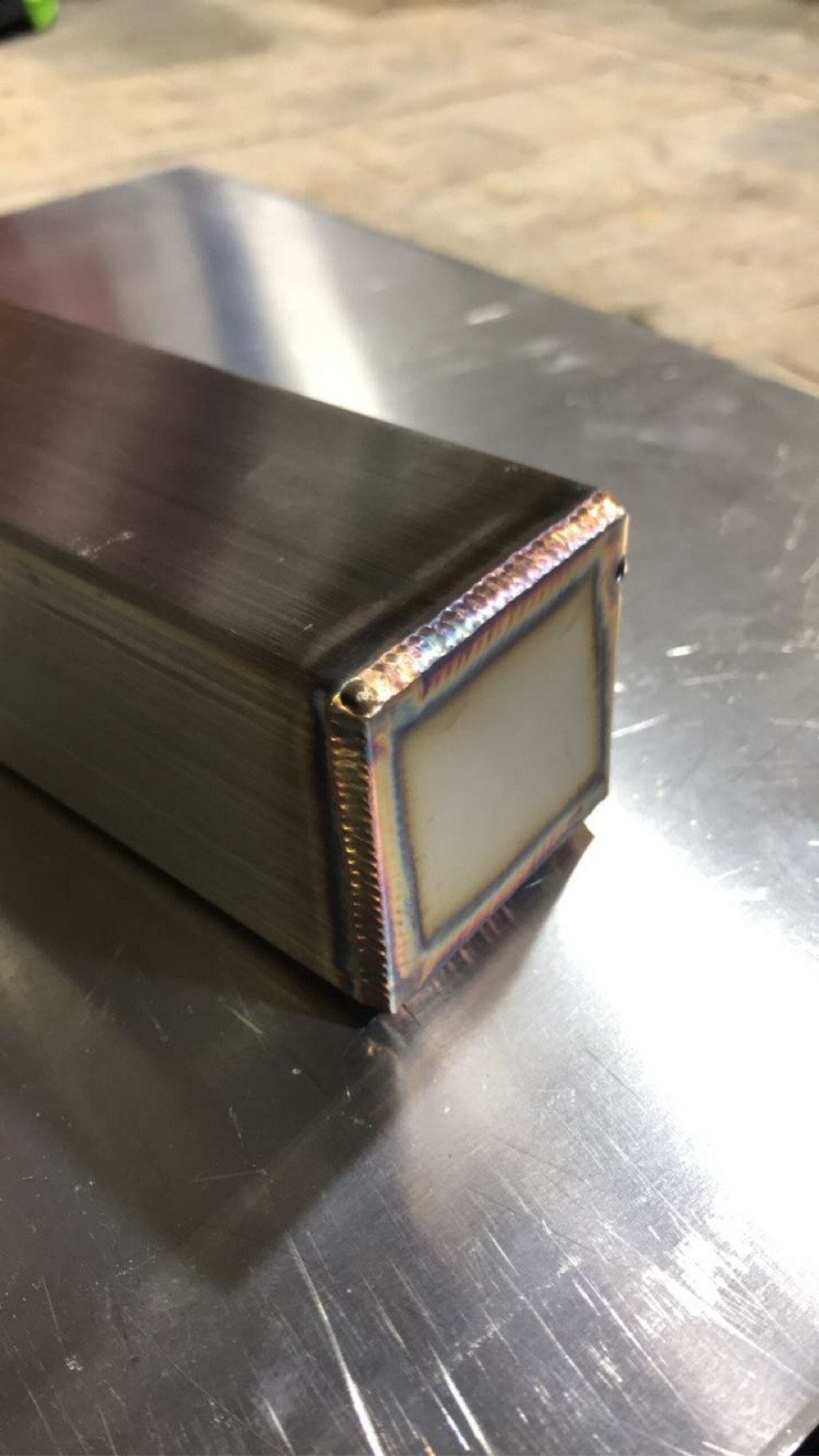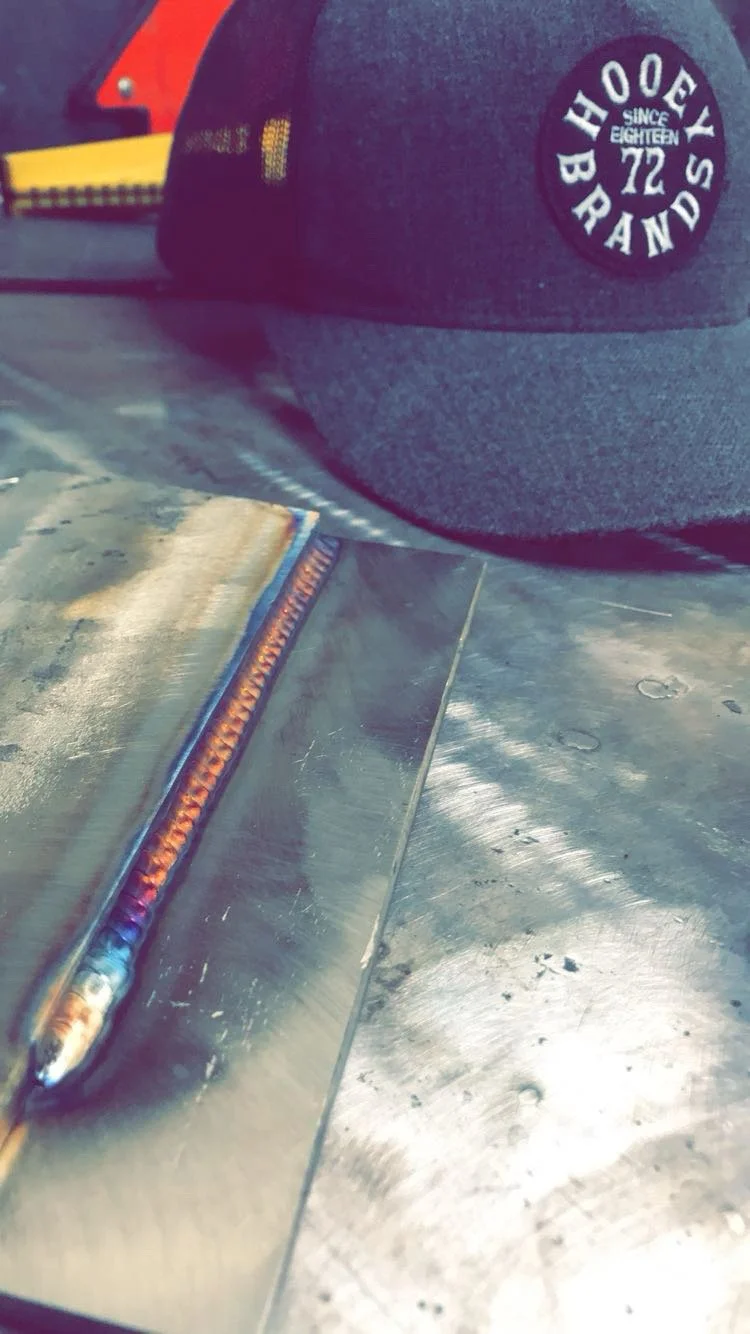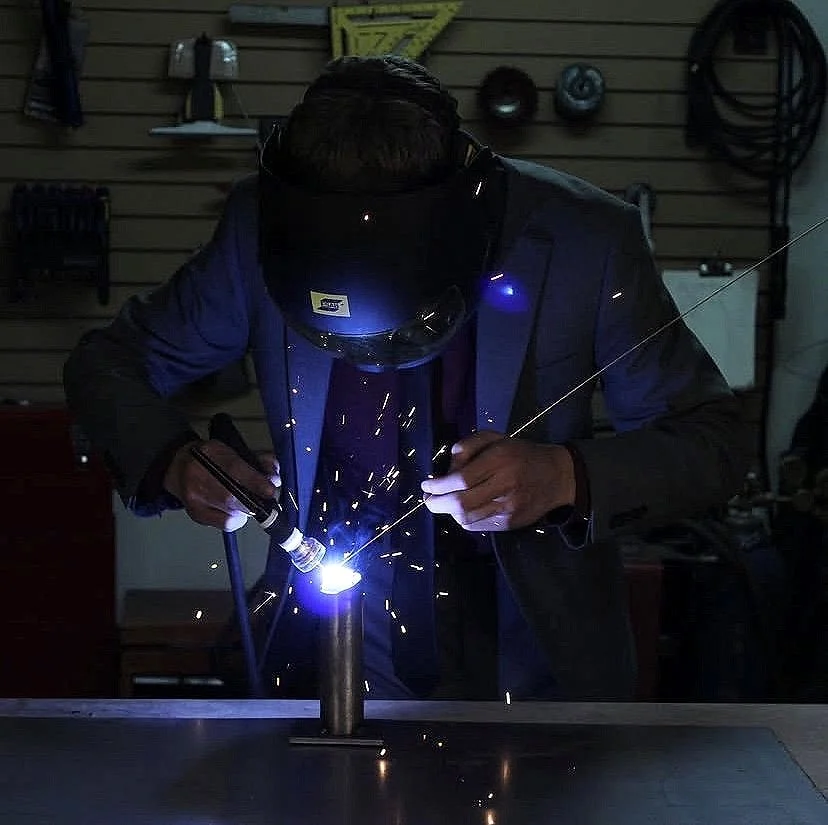
Not All Welds Are Equal.
TIG welding is what sets clean, pro-level metalwork apart from the rest.
TIG stands for Tungsten Inert Gas. It's a type of welding that lets you control every part of the weld — heat, filler, angle — all by hand.
It's slower, harder to learn, and takes real skill. But it gives you cleaner, stronger, and better-looking welds — especially on aluminum and stainless steel.
What’s TIG Welding?
Why Should You Care?
-
✅ Clean Finish
TIG welds are smooth and spatter-free. No mess.
-
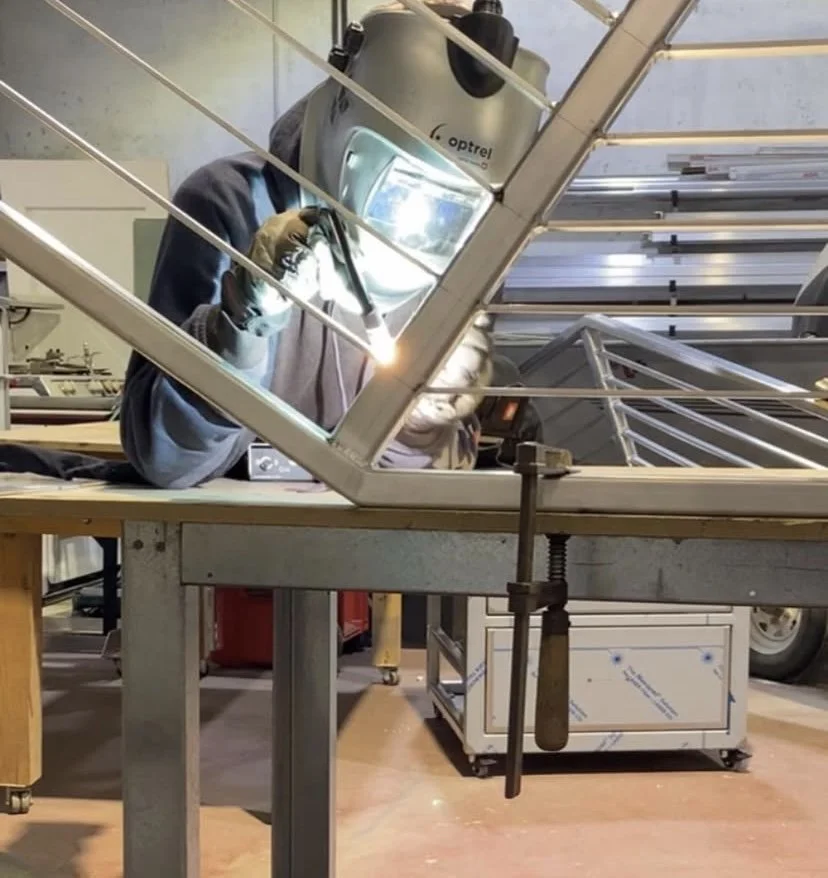
🧩 Precision Fit
Perfect for tight spaces and detailed work.
-

💪 Built to Last
Better fusion = stronger, longer-lasting welds.
| Feature | TIG 🔥 | MIG ⚡ | Stick 🧨 |
|---|---|---|---|
| Clean Finish | ✅ Super clean | ⚠ Can be messy | ❌ Very messy |
| Precision Control | ✅ Full control | ⚠ Semi-auto | ❌ Low control |
| Appearance | ✅ Show-worthy | ⚠ Basic look | ❌ Rough |
| Strength | ✅ Very strong | ✅ Good | ⚠ Varies |
| Aluminum Ready | ✅ Perfect choice | ❌ Not ideal | ❌ Can’t do it |
For decorative, structural, or custom jobs, TIG is the difference between “that’ll do” and “that’s perfect.’’
Think you know your welds?
Look at the weld below. Pick which method you think was used.
Why I Use TIG
I’m Kolt — a Red Seal Journeyman and the guy behind every weld here.
I use TIG because it’s clean, strong, and lasts. I don’t cut corners — and this process doesn’t let you. It’s slower, but when you want something done right, it’s the only option.
Real TIG Welds
TIG Welding FAQ
Q: Why does TIG cost more?
It takes longer and more skill — but you get way better results.
Q: What materials can you TIG weld?
Aluminum, stainless, mild steel — most metals, especially the tricky ones.
Q: Is TIG always better?
For looks, strength, and clean finish? Yep. For quick farm repairs? Maybe not.
Want It Done Right?
Let’s talk about your project.
